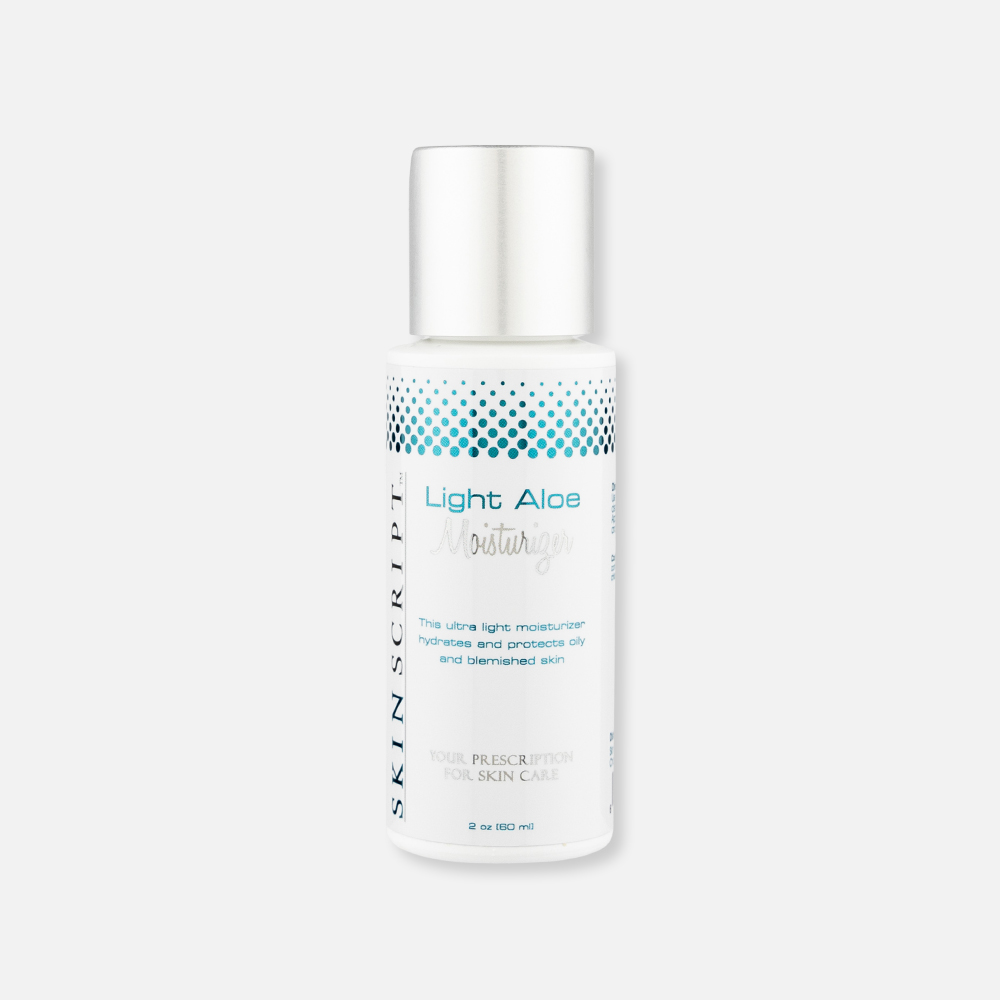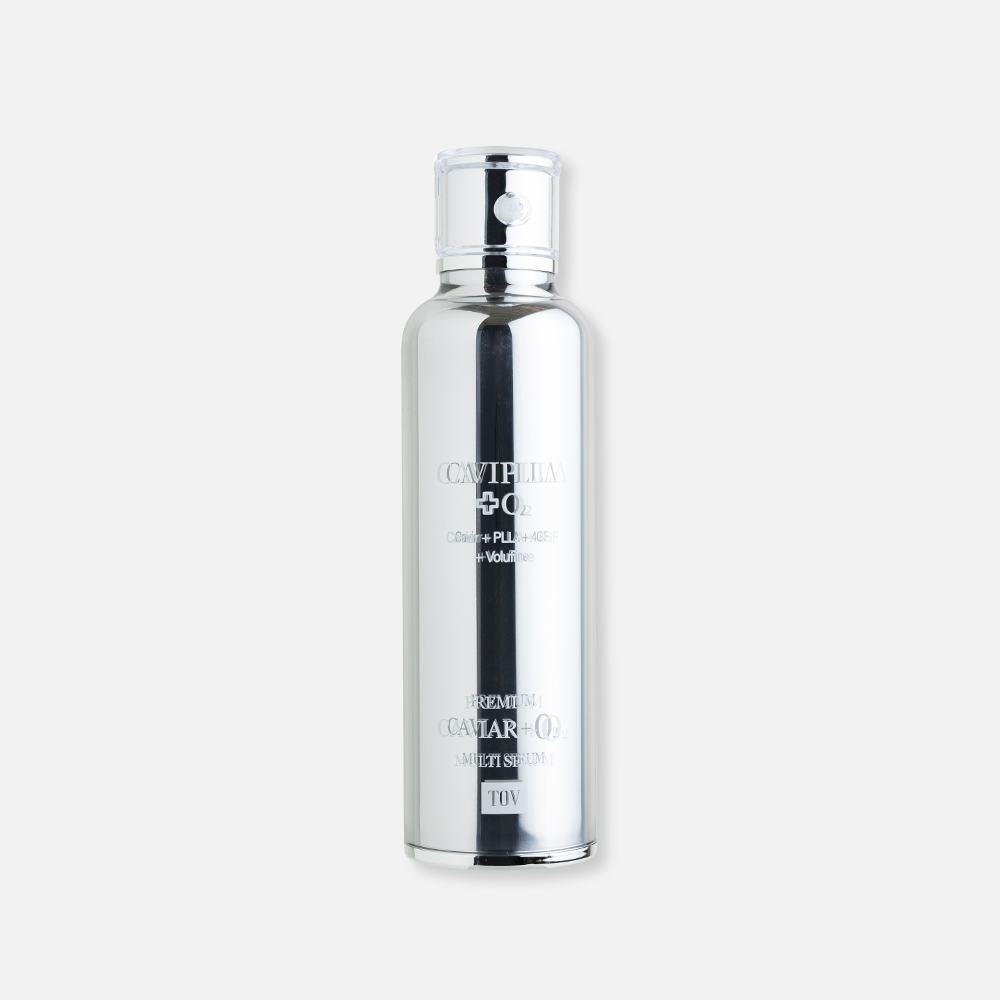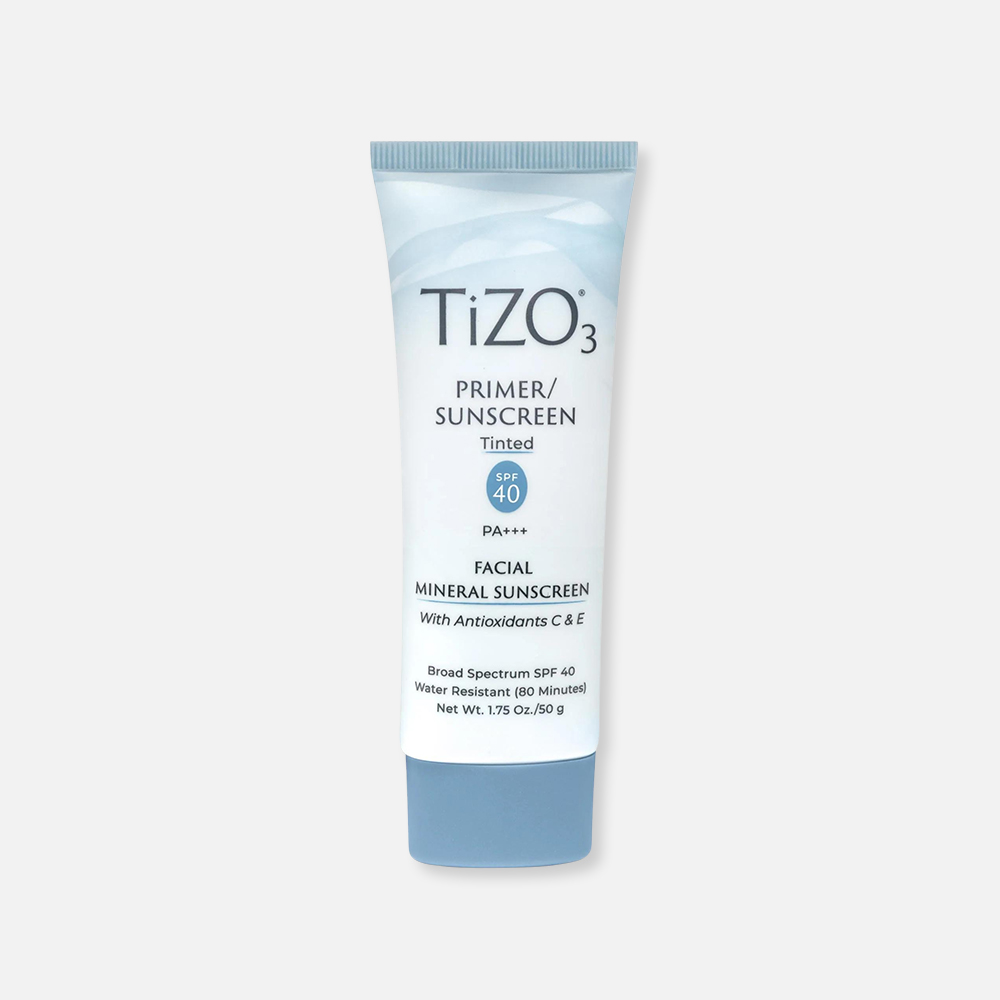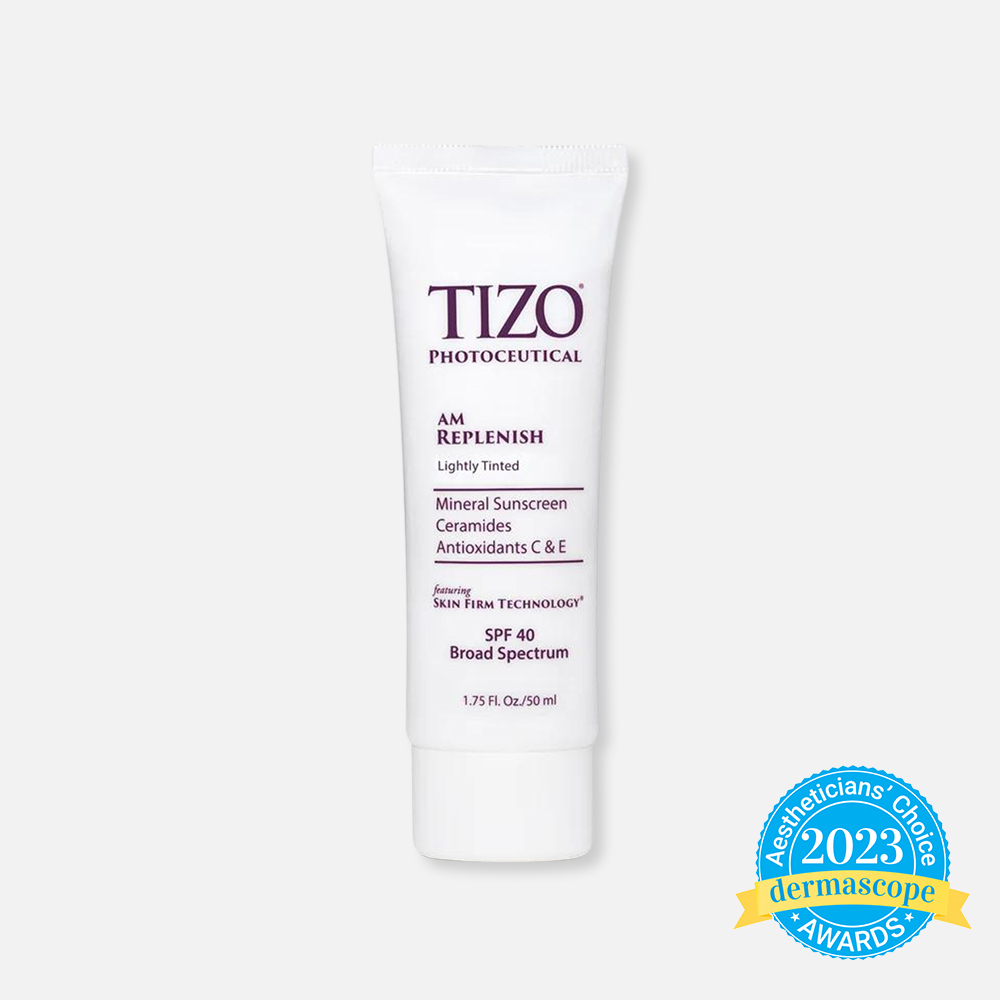
Clients often ask me about the ingredient dimethicone. They are often worried because they have read on a blog that dimethicone and silicones in makeup and skincare products “suffocate” the skin. Unfortunately, there is a lot of misinformation out there about silicones as cosmetic ingredients, including that they suffocate the skin and trap bacteria, skin oils, sebum, dead skin cells, and debris; that they impair and hinder exfoliation; and that they lead to breakouts if you are acne-prone. ⠀
What Is Dimethicone?
Dimethicone is a type of silicone-based ingredient widely used in cosmetics. Because of dimethicone’s stellar smoothing properties, it’s commonly found in primers, moisturizers, and sunscreens. Filling in wrinkles and fine lines, dimethicone provides a soft, even surface for makeup application without the heavy feel of more greasy cosmetic ingredients. Many formulations of personal care products, including hair products, contain dimethicone as a conditioning agent, an anti-foaming agent, or as a protectant.
Is Dimethicone Bad For You?
Dimethicone is perfectly safe for most people. Contrary to what you may have heard, dimethicone does not suffocate your skin but rather acts as a vapor-permeable membrane. This means that it allows for gases to be exchanged between your skin and the surrounding environment. ⠀
For those with acne-prone skin and those with impaired dermal barrier function, silicones can be highly beneficial. They prevent transepidermal water loss from the skin and help to maintain skin moisture so that acne lesions can heal. Silicones also prevent scarring by increasing TGFB-3 (transforming growth factor) within the skin. Silicones are non-occlusive and do not clog the pores despite creating a smooth, non-greasy barrier. ⠀
Ideal for easily irritated complexions, silicones are hypoallergenic and non-comedogenic and are not known to sensitize the skin. They offset dryness from acne products such as benzoyl peroxide that typically cause flakiness. Those with eczema and psoriasis often find them helpful in managing flakiness and cracking of the skin. Silicones do not make the skin feel heavy and work great on all skin types including oily skin and dry skin.
Silicones protect sensitive skin from environmental pollutants by creating a “breathable” barrier over the skin while still allowing nitrogen, oxygen, and water vapors to pass through. They also help prevent TEWL (transepidermal water loss) to keep the skin feeling moist even in dry climates like airplanes. Silicones are also biodegradable and eco-friendly.
Benefits Of Dimethicone In Skin Care:
- Helps prevent scarring
- Prevents transdermal water loss while still allowing the skin to breathe
- Soothes and protects dry flaky skin conditions such as eczema and psoriasis
- Offsets dryness caused by acne medications
- Acts as a skin protectant
AOS Products Containing Dimethicone:
Reap the benefits of adding dimethicone to your regimen with a few of my favorites:
- Caviplla Multi Serum combines dimethicone with caviar extract and poly-L-Lactic to provide a more firm lifted appearance while minimizing pores and smoothing the texture of the skin.
- Skin Script Light Aloe Moisturizer combines soothing and hydrating ingredients for those that are acne-prone or have oily skin and need light hydration.
- TIZO AM Replenish Tinted SPF 40 combines dimethicone with ceramides, antioxidants, and natural sun protection that helps protect the skin from environmental stressors and TEWL.
- TIZO 3 Facial Primer Tinted SPF 40 combines dimethicone with natural sun protection and a beautiful tint that helps diminish discoloration and sunspots.
See more products that contain dimethicone.
As with any skincare product, if you notice signs of skin irritation such as a rash, redness, or an allergic reaction, please discontinue use and consult your esthetician or dermatologist.
References: ⠀
Glombitza B, Muller-Goymann CC (2001). Investigation of interactions between silicones and stratum corner lipids. Int J Cosmet Sci 23:25-34⠀
Nichols K, Desai N, Lebwohl M (1998) Effective sunscreen ingredients and cutaneous irritation in patients with rosacea. Cutis 61:344-346⠀
Sawada Y, Sone K (1992). Hydration and occlusion treatment for hypertrophic scars and keloids. Br J Plast Surg 45:599⠀
Paepe K, Sieg A, Le Meur M, Rogiers V (2014). Silicones as nonocclusive topical agents. Skin Pharm Physiol 27:164-171⠀




Comments (2)
I’m sorry, but I really don’t understand this. I have tried for decades to use products with even small-ish amounts of silicones and ALWAYS break out from them. Especially sunscreen and cosmetics. I’ve been consistly disappointed in Art of Skincare’s sunscreen and foundation offerings, and would never use any of them. This article does not validate the genuine problems that MANY have with silicones in skincare, and it would be nice to not have my ingredient concerns broadly dismissed while you promote your own products. I expect better from AOS.
Hi Jessica,
I am sorry. Everyone’s skin is different and I respect that you cannot use silicones. However, there are many good benefits to using silicones for most people. Have you tried this sunscreen? https://www.artofskincare.com/clearchoice-sport-shield-spf-45/? It is silicone-free. 🙂